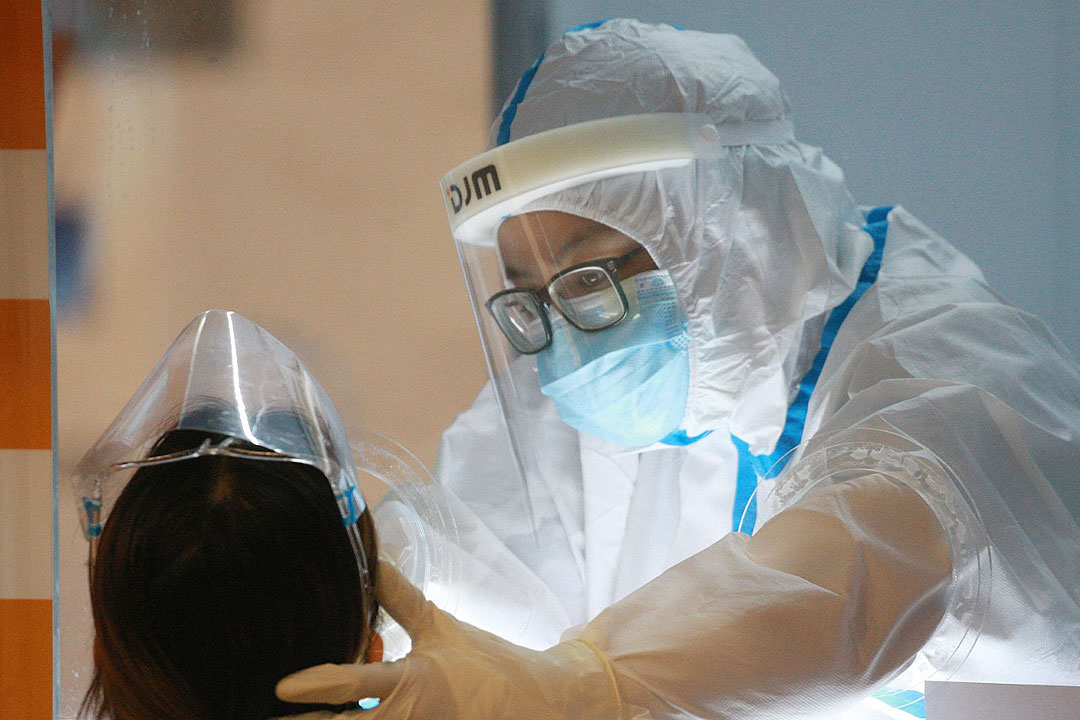Lawmaker presses for immediate release of P8-B testing, laboratory funds

A SENATOR on Wednesday called on the administration to expedite the release of funds allocated for laboratories and expanded testing to cope with demand as the country faces a surge in coronavirus cases fueled by the more transmissible Omicron variant.
Senator Emmanuel Joel J. Villanueva, in a statement on Wednesday, said there is an P8-billion laboratory network budget under the Department of Health in the 2022 General Appropriations Act (GAA).
The amount should be “downloaded without delay” to public health facilities so they can address the spike in testing requests, he said.
Any delay, he added, “would be a case of underspending that leads to undertesting, which then leads to undercounting of cases.”
Based on the latest report released by the Health department, there were only 63,903 RT-PCR tests conducted on Jan. 10, from which a 45.7% positivity rate was recorded.
There are currently 310 accredited coronavirus disease 2019 (COVID-19) testing laboratories, including private and state-run, in the Philippines, which has a population of about 111 million.
The senator said under the special provisions of this year’s GAA, the laboratory network funds should be used to set up swab booths and for other operations involving swab specimen collection and antigen rapid diagnostic testing.
“This can be read as mandate for free swab testing,” Mr. Villanueva said.
These funds are also needed for public hospitals and clinics to purchase and stock up on testing kits and laboratory commodities, he added.
Neither antigen nor RT-PCR testing are widely available for free in the country.
Under a Health department circular that took effect Sept. 6, price caps for RT-PCR tests were set at P2,800 for plate-based and P2,450 for GeneXpert for public laboratories, and P3,360 for plate-based and P2,940 for GeneXpert in private laboratories.
In addition to the purchase of testing kits and lab commodities, consumables, and reagents, Mr. Gatchalian said the money could be used for the training of swab personnel, quality control, recalibration of equipment, and facility maintenance, among others.
Part of the funds are allocated as “assistance” to the University of the Philippines National Institutes of Health and UP Philippine Genome Center. — Alyssa Nicole O. Tan



